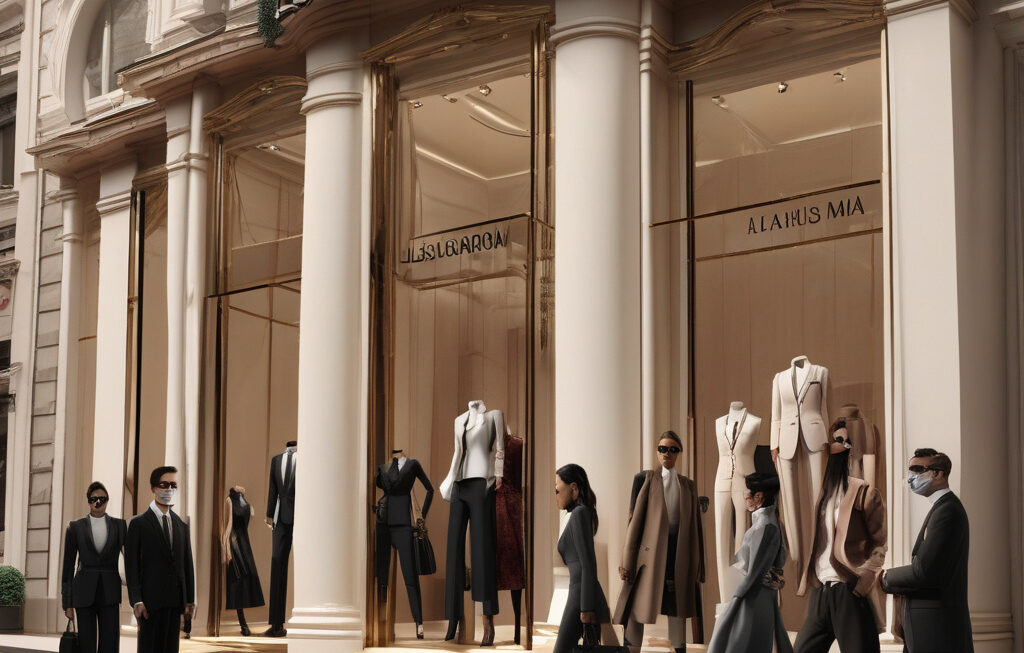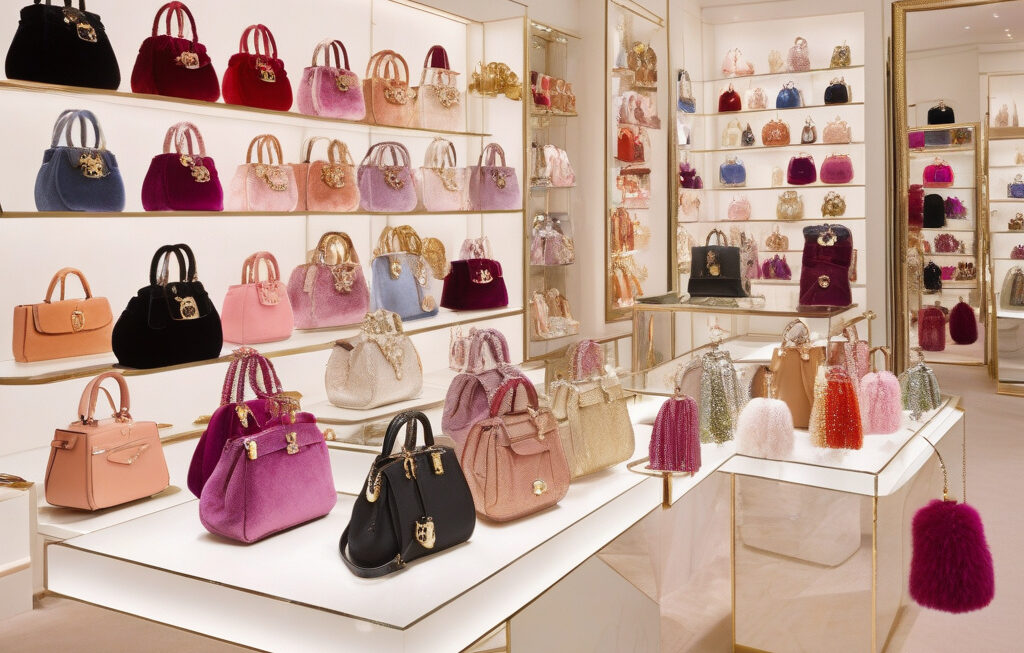LVMH Fashion and Leather Goods Sales Fall 9 Percent
The luxury fashion industry is facing challenging times as LVMH, the world’s largest luxury group, reported a 9 percent decline in sales for its Fashion and Leather Goods division. This news comes as part of a broader trend, with the group’s overall sales falling by 4 percent. The decline highlights the struggles that even the biggest players in the industry are facing as they try to navigate through a sharp downturn in demand.
The COVID-19 pandemic has significantly impacted the luxury sector, with consumers cutting back on non-essential spending and prioritizing essential items. The closure of stores and a decrease in international tourism have also contributed to the decline in sales for luxury brands. LVMH, known for its iconic fashion houses such as Louis Vuitton, Dior, and Givenchy, is feeling the effects of these shifts in consumer behavior.
Despite the challenges, LVMH remains optimistic about the future. The group has been investing in e-commerce and digital marketing to reach customers who are now more inclined to shop online. By enhancing their online presence, LVMH aims to engage with consumers and drive sales through digital channels.
In addition to focusing on e-commerce, LVMH is also exploring new ways to attract customers. Collaborations with popular influencers and celebrities, limited edition collections, and virtual events are some of the strategies the group is using to generate interest and excitement around its brands. By staying innovative and adapting to the changing landscape of the industry, LVMH is positioning itself for long-term success.
Furthermore, sustainability and ethical practices have become increasingly important to consumers, especially in the luxury sector. LVMH has been making efforts to reduce its environmental impact and promote responsible business practices. By incorporating sustainability into its brand ethos, LVMH is not only appealing to a more conscious consumer base but also future-proofing its business against evolving market demands.
While the current sales figures may reflect a challenging period for LVMH’s Fashion and Leather Goods division, the group’s commitment to innovation, digital transformation, and sustainability bodes well for its resilience in the face of adversity. As the luxury industry continues to navigate through uncertainty, LVMH’s strategic initiatives will play a crucial role in shaping its recovery and future growth.
In conclusion, the recent decline in sales for LVMH’s Fashion and Leather Goods division underscores the broader challenges facing the luxury sector. However, by leveraging e-commerce, embracing innovation, and prioritizing sustainability, LVMH is taking proactive steps to overcome these obstacles and emerge stronger in the post-pandemic world.
luxury, LVMH, fashion, digital transformation, sustainability












